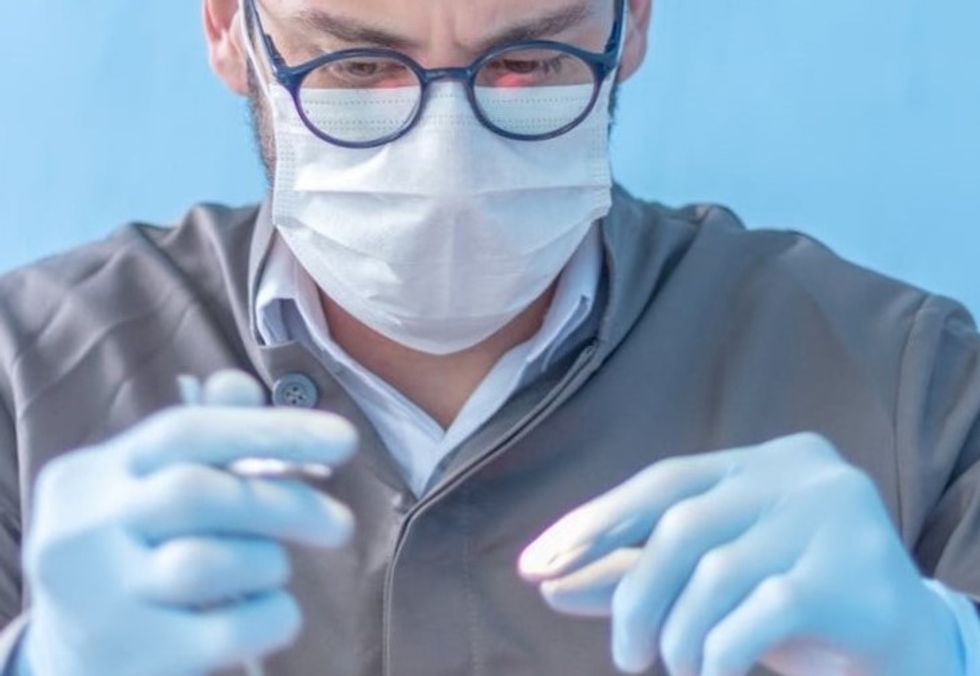I aspire to enter the medical field. There is something about being able to help save lives and getting paid for it that was just too good to pass up on. I find the science behind treatment fascinating. I find interacting with and helping patients fulfilling. But I find the entire system disgusting. This is because this system, American healthcare, is not built by and for the people. It is a carefully yet carelessly constructed business. A business whose motto is to save lives, but whose mechanisms actually ruin them. All in the name of making shareholders happy.
American people have never been in a more precarious position when it comes to receiving healthcare. In many instances, human beings are forced to choose between life and death. In fact, many are not even given a choice, as we often do not choose what lies in our wallets, which is the ultimate deciding factor for an egregious amount of medical treatment in the U.S.
In the richest country in the world, citizens with preexisting conditions are having to choose between treating their condition and paying normal living expenses. An excellent example of this is the essential daily treatment of type 1 Diabetes Mellitus, insulin. This drug has seen a rising cost over the past 100 years since it first came on to the market. One that could be considered life-threatening. As late as the 1960s, insulin only cost $0.65 a vial. That could be considered pocket change today, compared to 2019 where a vial can cost anywhere from $100 to over $300. Depending on the needs of the individual, that can translate to over $1000 a month out of pocket.
This steep rise in insulin costs over the past few years has had some deadly effects. Stories of diabetics rationing their insulin in order to avoid the grotesque out of pocket expenses have resulted in tragedy for some. Alec Smith, diagnosed at the age of 24, had to deal with the most daunting time in a young adult's life nowadays, turning 26. This birthday, unlike any other, vaults a young adult into the brutal realities of independence (in America). This is due to the brand new inability to benefit from your parents' health insurance plan, often leaving many 26-year-olds without any way to afford the medicines that their life depends on, or any way to afford insurance to subsidize it.
So Alec, who used to be able to get by each month paying a steep yet doable $240 for insulin, now found himself having to pay $1300 out of pocket for the same drug and same amount. He could not afford this new cost. So he, along with many others, tried rationing the insulin he already had, at least until payday. He died four days before payday.
This is unacceptable. We live in arguably the most wealthy and capable nation on this planet. Yet while we are advancing technology and luxuries at the speed of light, we are only doing so for those who can cut a fat check. This often translates to less than 1% of the American population. Meanwhile, the people who are truly running this country, day in and day out, are left empty-handed and helpless. Lagging more than anything is our healthcare system. It is a system built for people but ends up working against them. Having a medical emergency should never end in bankruptcy, but with our current system, that is the reality.
It is easy for those unaffected to turn a blind eye to these issues.
The "haves" seek no reason to empathize with the "have nots." It is almost as if people perceive healthcare as a limited resource. This is a scandalous falsehood. There is more than enough to go around and then some.
We need to change this. We need the money we put into our government to work back in our favor. We need insulin to be affordable, we need ambulance rides to not shatter our bank accounts, but more than anything, we need a healthcare system that can be regulated to work for the people. Moreover, we need to put money into things like preventative care, which can reduce the prevalence of chronic disease such as obesity in the long run.
Whether that be through socialized medicine (U.K.) or through a two-tier system (France), the United States has some serious catching up to do. It is fantastic that we have made so much progress with technology and treatment methods, although this progress means nothing if it is entirely inaccessible to the general population.
I am excited to enter this field, but I have dissonance over the fact that the system that I will become a part of is broken. When I get a job, I want to be able to deliver healthcare to every single person who deserves it, not just those who can afford it.






 The minimum wage is not a living wage.
StableDiffusion
The minimum wage is not a living wage.
StableDiffusion
 influential nations
StableDiffusion
influential nations
StableDiffusion












